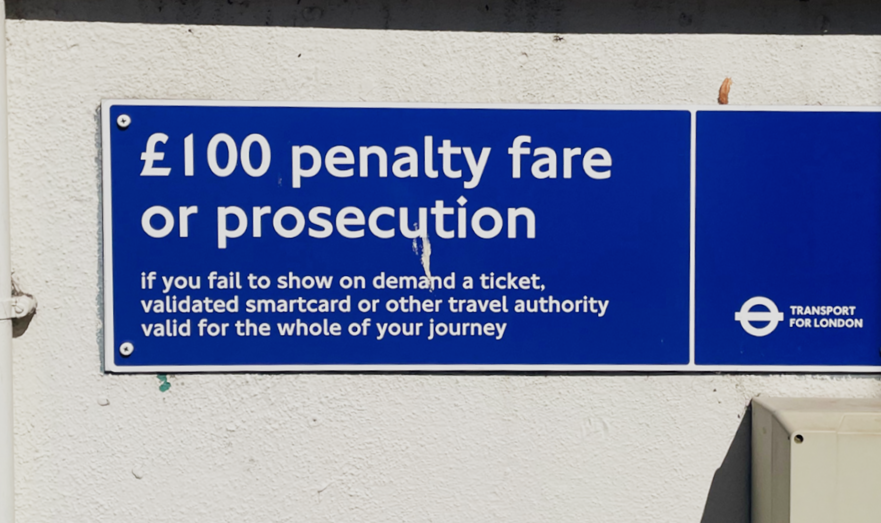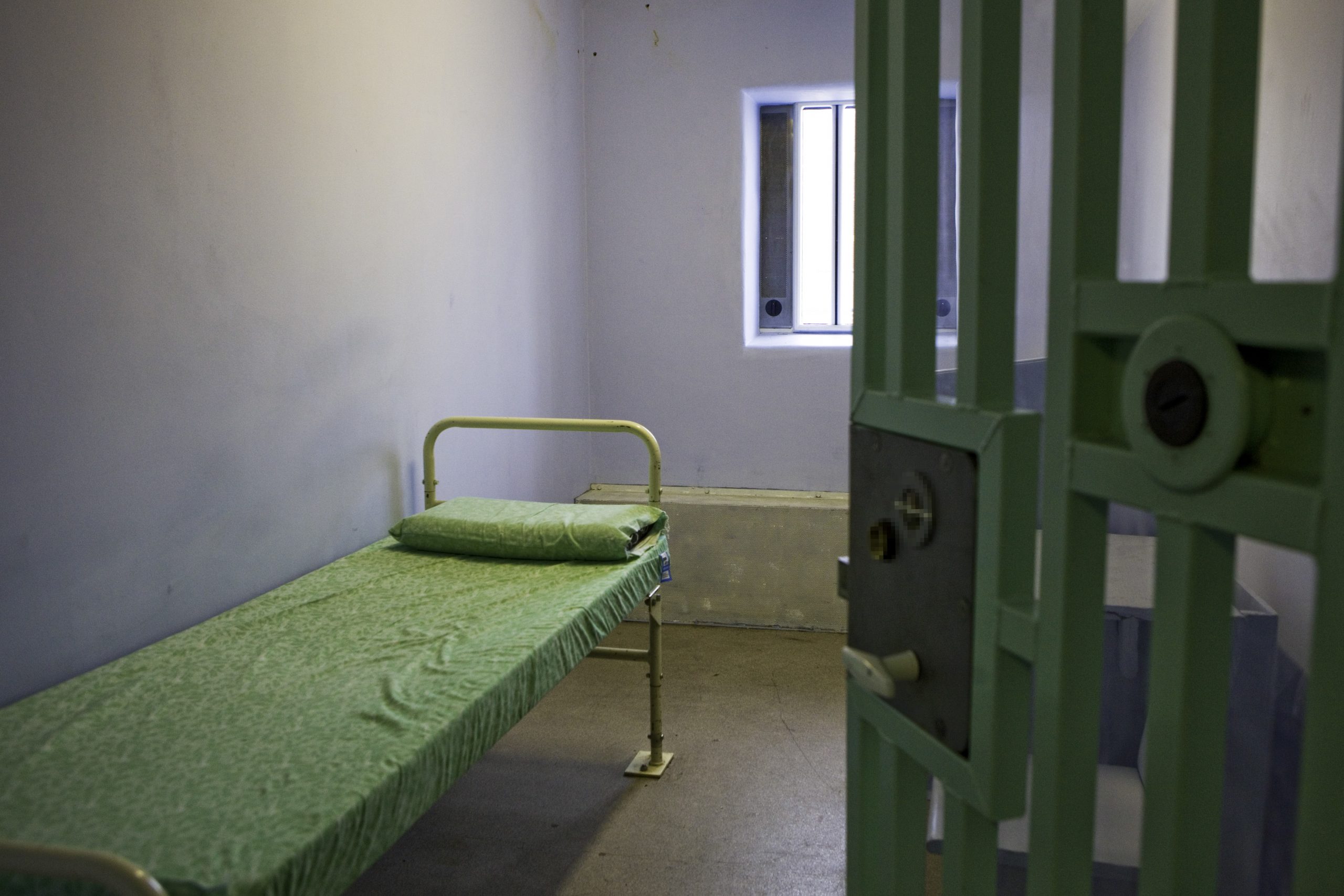‘Fundamentally unfair’ fast-track prosecutions are leading to miscarriages of justice according to the first major piece of research into secretive court proceedings introduced for a more efficient courts system.
The Single Justice Procedure (SJP) was introduced a decade ago to enable ‘minor’ offences to be dealt with in closed proceedings, presided over by a single, unelected Magistrate. They now account for over half of all criminal convictions, with those convicted under SJPs receiving fines but not a criminal record.
The procedure allowed for low-level offences to be dealt with quickly, rather than being hampered by, and contributing to, a creaking courts system plagued with long backlogs for hearings. However, new research by thinktank, Transform Justice, has warned that a decade after their introduction they have contributed to miscarriages of justice, including the mass wrongful prosecution of 59,000 people for fare evasion by Northern Rail.
In a new report the organisation criticises a system in which it isn’t clear how suspects can challenge their prosecution, defendants aren’t given information about what defences might be valid for their offence, nor whether intent to commit the crime is relevant. They say the extremely low plea rate (73% of defendants do not even plead guilty or not guilty) proves many defendants may not have even received a prosecution notice, indeed the prosecutor does not even have to prove that it was received.
The research also finds that people are being prosecuted for ‘mistakes’ and errors’ made on account of an illness or disability ‘at an industrial scale’ and highlights how few safeguards there are in an ‘inaccessible, untransparent system’. Recent investigations by The Standard found a series of criminal convictions over unpaid household bills have been overturned after it was revealed that the defendants were incapacitated, elderly and unwell, or extremely vulnerable.
This new research is the only major scrutiny this shadowy justice procedure has faced in a decade of operation, with the report highlighting that no parliamentary committee has looked at it in detail, and the government has published ‘no social research and very little data’. Part of this lack of scrutiny is a result of a ‘transparency black-hole’ concerning the SJP – in particular that while cases are meant to be published online on the ‘Common Platform’, thousands of cases each year are published elsewhere, effectively inaccessible to defendants as well as journalists, parliamentarians and researchers.
While the Criminal Prosecution Service (CPS) regularly publishes information online about polices, research and case outcomes, the prosecutors in the case of the SJP are ‘opaque and invisible’. Few organisations and companies prosecuting through the SJP publish any statements about their processes, nor do they publish any data. Transform Justice warn this is leading to lone campaigners and journalists being left to lift the lid on this ‘systemic injustice’.







